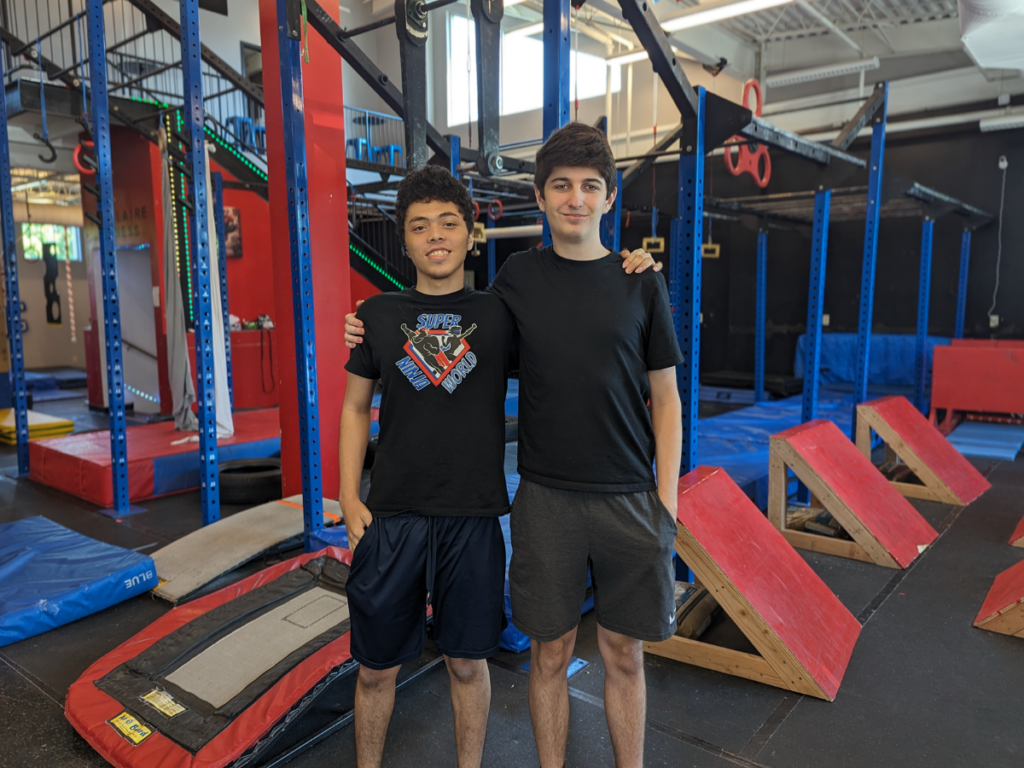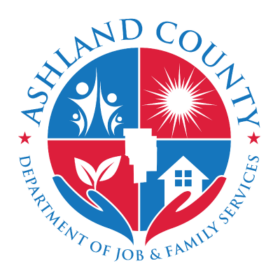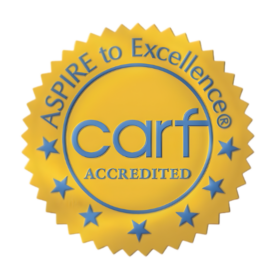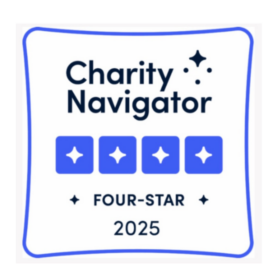JOG the Web: Top 5 Skills Employers Are Looking for in 2025

The working world is moving quickly. Technology is changing how businesses run, teams are collaborating, and how employers are adapting to a workforce that looks different than it did just a few years ago. In the middle of all this change, one thing remains clear: employers are looking for young people who bring increasingly more technical know-how to the table. They want employees who are technologically literate, creative, and ready to contribute from day one.
So, what exactly are those skills? Based on what we’re hearing from employers, educators, and workforce partners, here are the top five that will matter most in 2025, and how JOG helps students prepare to meet them.
1. Digital & Media Literacy
It’s no surprise that digital skills continue to be a must, but the platforms are changing. From using cloud-based systems, to understanding how data flows through a workplace, and even differentiating the difference between reality and AI, the ability to navigate technology is essential in nearly every industry. But it’s not just about knowing the tools. Employers are increasingly focused on digital interaction awareness, too. Being able to keep information safe, avoid online risks, and use digital platforms responsibly is just as important. JOG’s career modules and employer visits give students hands-on experience with workplace technology, helping them practice smart, safe digital habits that employers value.
2. Adaptability
Change is the only constant in the workforce. New processes, new software, and even new roles can appear almost overnight. Adaptability is about more than just “going with the flow” it’s about staying positive in the face of change and showing you can learn as you go. At JOG, students practice this through real-world trainings and industry certifications that stretch their comfort zones and prove they can pick up new skills on the fly.
3. Communication & Teamwork
If you ask any employer what separates good workers from great ones, being an outstanding communicator almost always comes up. Clear writing, active listening, and working well with others make the difference on the job. Today, that also includes digital communication like email, messaging apps, or even virtual meetings. JOG participants are learning these skills to be well equipped for work and higher education through group projects and workshops so students learn how to share ideas, collaborate with peers, and step into the professional world as confident communicators.
4. Critical Thinking
Employers are looking for people who can think through a problem, weigh the options, and come up with a practical solution. That might mean troubleshooting a piece of equipment, reorganizing a workflow, or improving customer experiences. Tackling problems head-on through project simulations that mimic workplace situations are a great way to simulate a safe place to test ideas and learn from mistakes.
5. Emotional Intelligence
Finally, employers are paying close attention to the ability to understand yourself and others, manage stress, and build positive working relationships. This is also called emotional intelligence. Employers also value resilience: showing up on time and sticking with tasks when they get tough. These “soft skills” often make the biggest difference in who thrives at work. To help participants grow in this area, JOG teaches these skills to be used at work. We do this through mentorship, leadership opportunities, and coaching that focuses on building confidence and professionalism.
As 2026 approaches, the demand for these skills will only grow stronger. Employers know that technology will keep changing, but young people who bring adaptability, teamwork, and technical skills will always be in demand. At JOG, we’re proud to help students develop these abilities preparing them not just for their first job, but for a lifetime of career success.










